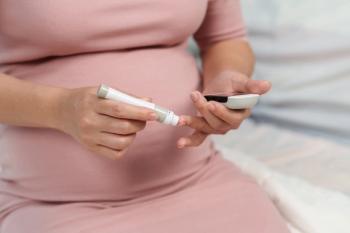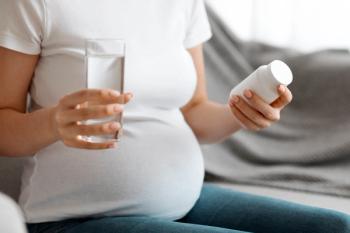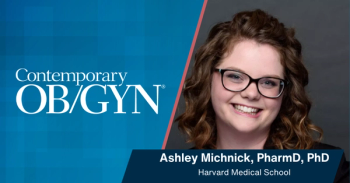
How dangerous is this 2nd-trimester U/S finding?
Some say left ventricular intracardiac echogenic focus (ICEF) in the second trimester may signal the presence of Down syndrome.
Some say left ventricular intracardiac echogenic focus (ICEF) in the second trimester may signal the presence of Down syndrome. Others believe you can ignore it in an otherwise healthy normal fetal heart. Starting out with 62 cases of ICEF among patients who also had a triple marker screen performed, researchers from the University of Illinois at Chicago found that none of the cases with a negative triple screen and no other cardiac abnormalities (58/62 or 93.5%) had trisomy 21. Put another way, you can probably tell patients with isolated ICEF on a 2nd-trimester U/S, plus a negative triple screen, that the risk of Down syndrome is "not increased above their age-related risk."
Kemp A, Colon M. The significance of a fetal intracardiac echogenic focus in the face of normal triple-marker testing. Obstet Gynecol. 2005;105(4 suppl):52S.
Newsletter
Get the latest clinical updates, case studies, and expert commentary in obstetric and gynecologic care. Sign up now to stay informed.









